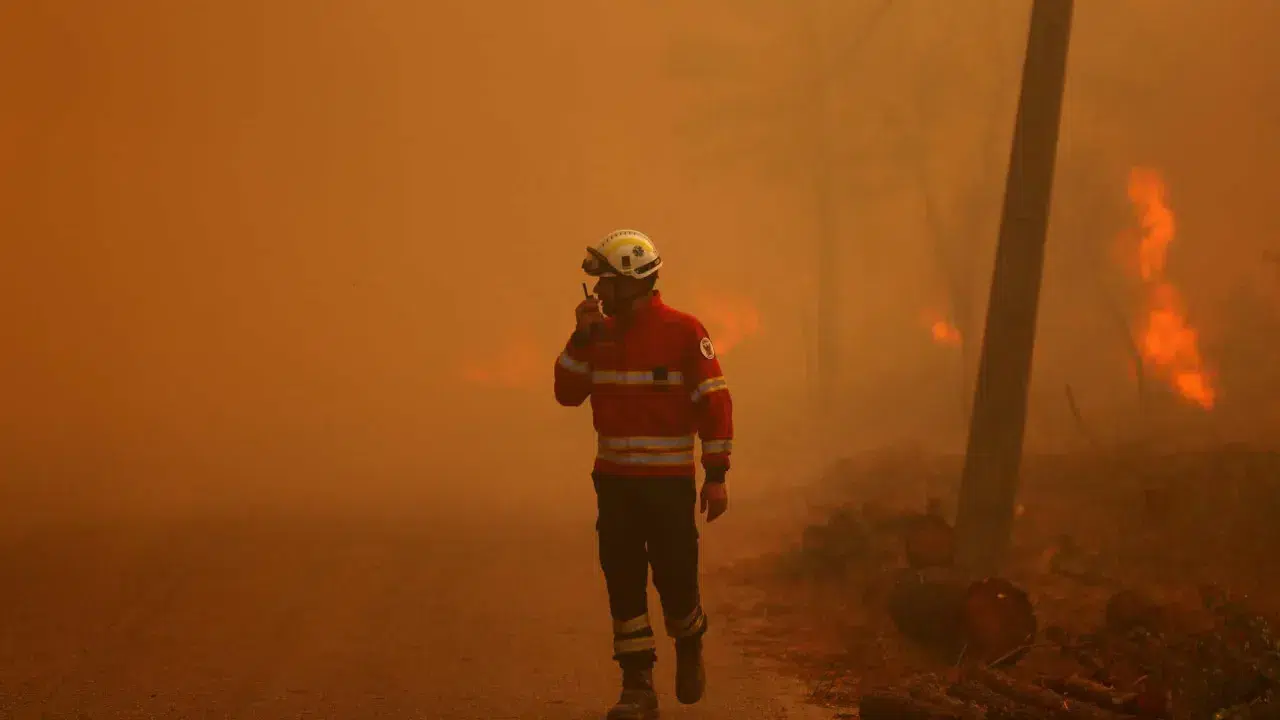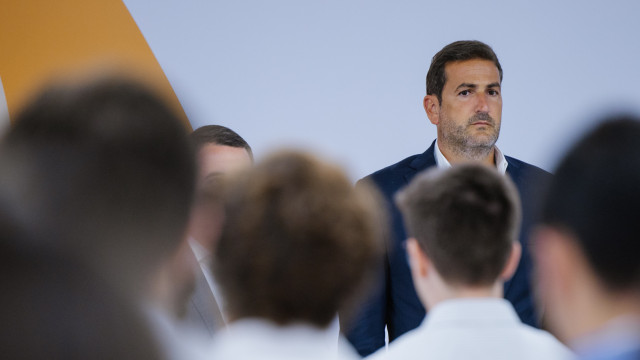
“This protest stems from the lack of response from the management of CP — Comboios de Portugal to what the union has consistently denounced through letters addressed to the competent services, stating that the working conditions at this post, which were already deficient, have deteriorated particularly concerningly with the increase in temperatures during the summer period, especially in the afternoon shift,” said union leader José Oliveira today.
According to the leader of the National Union of Rail Sector Workers, the organization submitted a “partial strike notice,” which will take place for two weeks during the afternoon shift at the ticket counters of Entroncamento station in the district of Santarém and will be called off if the demands are met in the meantime.
“The workers, specifically those performing customer service functions at the Entroncamento ticket offices, are exposed to direct solar radiation for several consecutive hours, which results in significant thermal discomfort and a marked deterioration of environmental conditions at the workplace,” the union states in the strike notice.
Emphasizing that the working conditions of these employees compromise “not only the well-being and dignity in performing their professional activity but also pose clear health risks,” José Oliveira argued that “this fact, under the terms of the Labor Code, cannot be ignored by the employer.”
According to the union leader, CP upgraded the commercial and public service space at the Entroncamento railway station in 2022, but the “incidence of solar rays, which on these hot days make temperatures very high,” at the ticket counters was not addressed.
“We have already alerted the company several times to the situation, it is not a matter of now, but there was no response to a problem related to working conditions, and it is in this context that the strike notice was issued,” he explained.
Furthermore, according to José Oliveira, the strike could prevent public service for about two weeks, always in the afternoon period, depending on worker participation.
“If, indeed, all those who are scheduled for that work hour participate, there will be no service in the afternoon period, which is the shift when working conditions become worse due to temperatures,” he said, considering that “it is up to the technicians” to find a solution.
“What is needed is for CP to take some measures to prevent the incidence of solar rays in that location, possibly with air conditioning, but it certainly will not be a very high investment,” he added.




